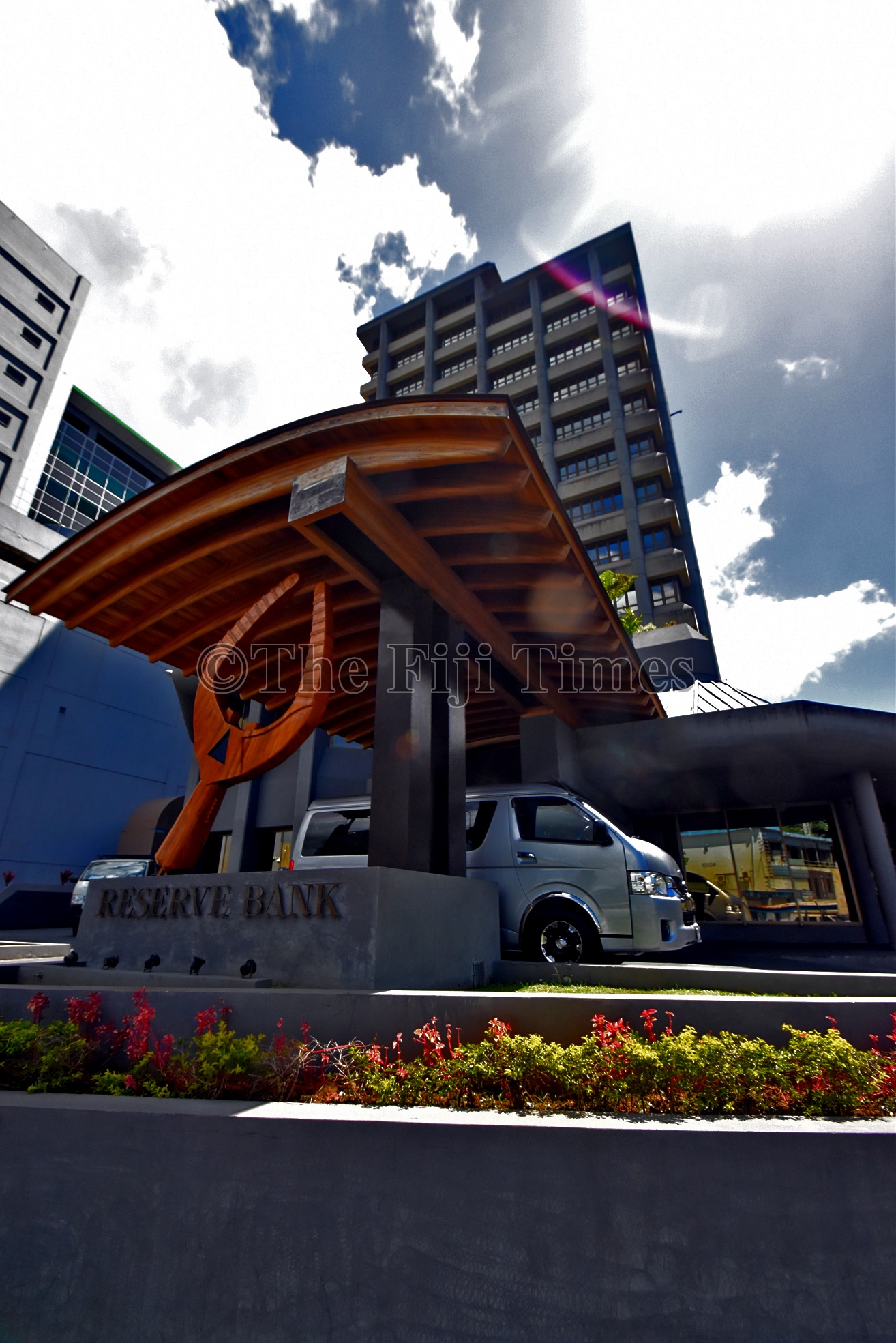BUSINESS and consumer sentiments are slowing down, the Reserve Bank of Fiji (RBF) has revealed in its April Economic Review released on Tuesday.
Indicators, such as value added tax (VAT) collection and consumption-related lending, have dropped, indicating subdued consumer demand despite increased income levels.
Business optimism, gauged by RBF’s latest Business Expectation Survey (BES), also dampened, evident in major declines in new investment-related loans. Cumulative to March, loans to the real estate sector dropped by 27.2 per cent and to the building and construction sector, a 31.9per cent drop.
A according to economic indicators and the latest Business Expectation Survey (BES) carried out by the Reserve Bank of Fiji (RBF), which point to an overall coasting of economic activities, with consumer spending “showing signs of deceleration”, growing only by half, and positive business sentiments “lower”, compared to the last BES survey.
“Consumer spending is showing signs of deceleration despite the increased income levels (higher inward remittances, PAYE collections and wage growth),” RBF stated in its April Economic Review, released on Tuesday.
“Domestic VAT (Value Added Tax) collections (up to March) grew over the year but its growth (33.6 per cent) slowed when compared to the corresponding period in 2023 (64.4 per cent), denoting subdued spending behaviour amidst higher prices.”
Things were also subdued in consumption-related lending.
In the business sector, investment activity “continues at a slow pace”, according to RBF.
“The BES results indicate that intentions to invest in plant and machinery are positive but lower than the previous survey, while intention to engage in construction over the next year have fallen.”
This was inferred from major declines in new loans extended for investment purposes to the real estate sector, which dropped by 27.2 per cent and building and construction, which dropped by 31.9 per cent cumulative to March 2024.
“In addition, while prices of building materials (Building Materials Price Index) have moderated, prices remain high compared to pre-pandemic levels,” RBF stated.


